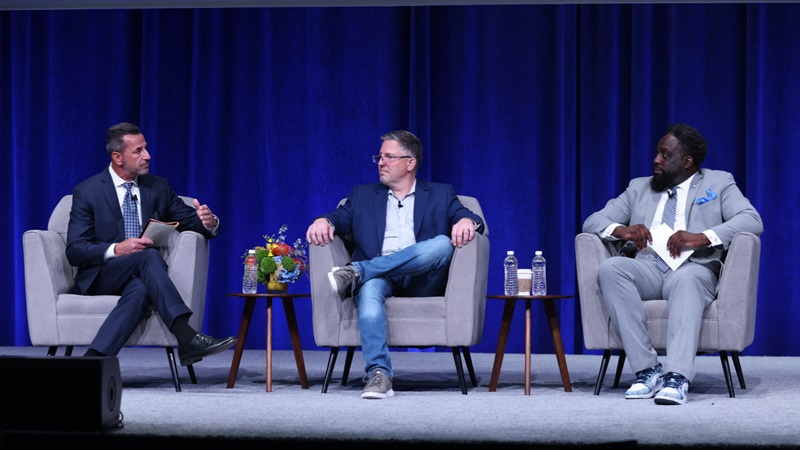
The Defense Logistics Agency (DLA) has embarked on a modernization overhaul of its enterprise resource planning (ERP) system to transition into the next generation of business processes, the agency’s chief information officer explained this week.
“In moving from our legacy ERP to the next generation, we realized that with our latest ERP, we weren’t fully utilizing the system itself due to government compliance, regulations, and unique business processes,” Adarryl Roberts, DLA’s CIO, explained at the ServiceNow Federal Forum in National Harbor, Md., on Feb. 12.
“We did a lot of customizations, [and] we looked at new ways to look at that technology life cycle and took off,” he said.
ERP systems are essential for many government organizations, offering a centralized view of all business activities and serving as a single source of truth for data across various departments within an agency. However, the systems have become weighed down with costly and often endless customization that is difficult to maintain.
Therefore, Federal agencies like DLA have embarked on ERP modernization efforts to reduce technical debt, improve user experience, and streamline core architecture while maintaining critical operations.
In its own modernization effort, DLA’s top concern is addressing security vulnerabilities.
“We want to have a secure system, and one of the key points we discussed regarding our ERP system is understanding how data from the ERP is the first thing that moves before logistics can take place,” Roberts said. “Ensuring security is tight, especially from a building perspective, requires addressing issues like data migration. Many of the technical teams have moved beyond outdated practices, focusing on maintaining data consistency.”
He explained that another critical aspect in ensuring a successful modernization of ERP systems is thinking differently about the business, “such as using the technology for what it’s built for and not trying to use it for how you might come to that innovation [and] that agility.”
Another element that is critical for ERP modernization is change management and culture, Roberts said.
“No matter how well the strategy is developed, if the culture isn’t ready for change, particularly in a way that is inclusive and adaptive rather than top-down, modernization efforts will face significant challenges,” he said.
For more insights, check out the entire session on demand.
